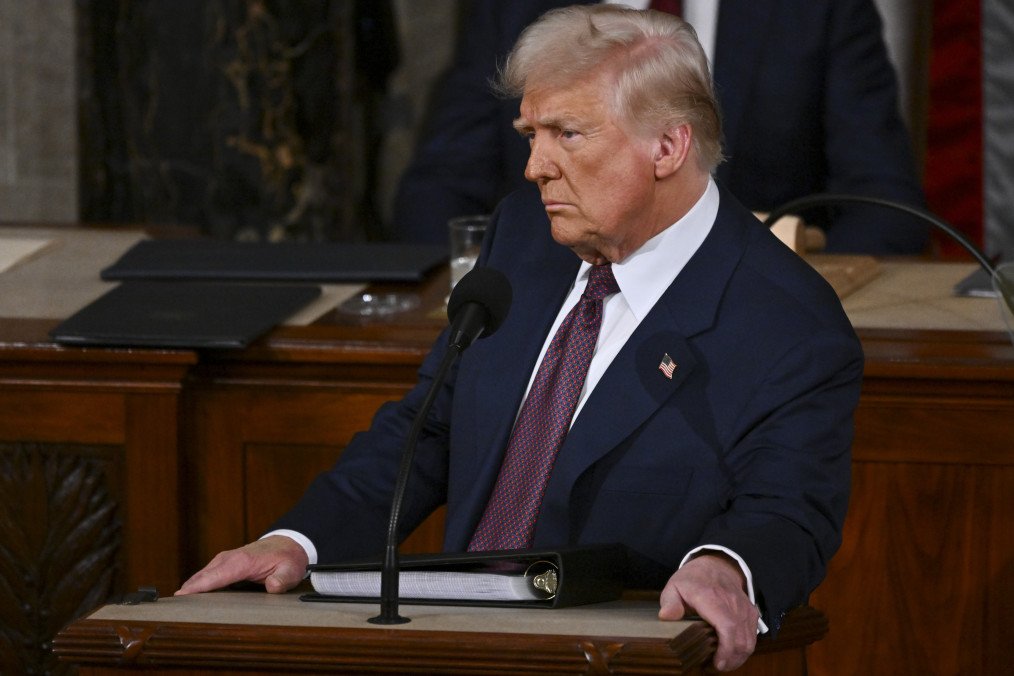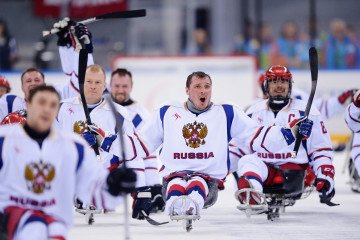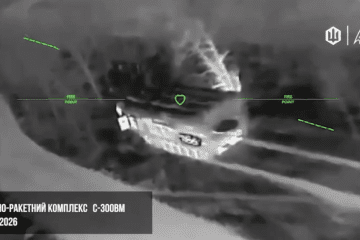- Category
- Latest news
Trump’s NATO Rethink—U.S. Could Reduce Protection for Underspending Allies

U.S. President Donald Trump is considering a shift in the United States' engagement with NATO, potentially conditioning military support on alliance members meeting a specific defense spending threshold, NBC News reported, citing three current and former senior U.S. officials and a congressional official.
According to the officials, Trump has discussed recalibrating America’s role in NATO to favor countries that allocate a set percentage of their gross domestic product to defense. As part of this potential policy change, the U.S. might not commit to defending an ally that falls below the spending target, a move that would challenge the alliance’s foundational Article 5 principle.
Trump is also weighing a proposal to prioritize joint military exercises with NATO members that meet the spending threshold.
His administration has previously signaled to European allies that the U.S. could scale back its military footprint, and officials say one option under consideration involves repositioning American forces to focus on countries that comply with the defense spending benchmark.
A National Security Council official, responding to questions about Trump’s deliberations, said in a written statement that the president remains “committed to NATO and Article 5.”
Trump has long criticized NATO allies for failing to meet the bloc’s existing target of spending 2% of GDP on defense, arguing that the imbalance places an undue burden on the U.S. While NATO countries agreed more than a decade ago to aim for that benchmark, Trump has pushed to raise the goal, most recently calling for members to allocate 5% of GDP to defense spending, though the U.S. itself does not currently meet that level.
According to NATO data, 23 member states exceeded the 2% threshold last year, with five, Estonia, Greece, Latvia, Poland, and the U.S. spending more than 3% of their GDP on defense. Poland recorded the highest percentage at 4.12%.
The potential policy shift comes as Trump pressures European allies to take on a greater role in supporting Ukraine against Russia’s full-scale invasion and in postwar stabilization efforts should a peace deal be reached.
Earlier, NATO allies grew more cautious about sharing intelligence, concerned that Washington’s shifting stance on Ukraine and Russia could put sensitive information at risk.
-554f0711f15a880af68b2550a739eee4.jpg)

-111f0e5095e02c02446ffed57bfb0ab1.jpeg)

-c439b7bd9030ecf9d5a4287dc361ba31.jpg)

